We are living in a time of diversified operating systems. If you gather a small crowd of around 20 people and ask all of them which OS they have on their mobile phones, most probably you will get two different answers, or even more! Similar is the case for Smart TVs, PCs, and all other smart devices.
In such a scenario, your OTT platform must be compatible with all the major operating environments. Otherwise, you might lose out on a significant chunk of viewers. But, does it mean that you will have to develop multiple applications for the same platform? You must be thinking that it will cost you a lot of time, right?
Well, no need to worry! You can adapt cross-platform app development. This blog will discuss everything you need to know about cross-platform OTT development, including its pros and cons, and what you can do to minimize the cons. So, keep reading!
What is Cross-Platform OTT Development?
Suppose you have an OTT platform, and you want to develop a smartphone app for it. Now comes the question, which smartphone should you choose to develop your app? It is not possible that a single app will be compatible with all the smartphones out there in the market.
The reason for this is pretty simple. Smartphones operate on different operating systems. Some run on Android, while others run on iOS. In fact, only a few years ago, a good number of smartphones ran on the windows operating system too! So, if you want to cover all the smartphones, a single app would not suffice.
That is where cross-platform OTT development comes to play. So, what is it actually? Basically, it is a process through which you can develop a single OTT app and deploy it in every operating environment. More specifically speaking, you will be coding only once, but you can utilize the same code to develop multiple apps.
It is one of the most hassle-free methods for developing OTT applications because you don’t need to write multiple codes in different languages for individual operating environments as you do for native app environments. To make you understand it more clearly, we have listed out some of the most prominent differences between native app development and cross-platform development in the table given below:
Native OTT App Development | Cross-Platform OTT App Development |
In this process, you develop an app for only one operating environment. | In this process, you develop an app that can be deployed for multiple operating environments. |
You usually use a coding language that is specifically recommended for that particular operating system. For example, if you are developing an android app, you will be using the JAVA programming language. | In cross-platform OTT App development, you would rather use a dynamic coding language that can be used for multiple operating environments. ReactJS, Flutter, and Xamarin are some of them. |
You build the app keeping in mind the guidelines of a specific app store. As a result, you end up developing a complete app. | You build the app keeping only the common features in mind. As a result, you might miss out on some features which are specific to a particular OS. |
You use OS-specific IDEs. As for developing an Apple app, you will most probably be using XCode. | You do not use any native or official IDEs. Rather, you use interpreted cross-compilers. |
Native app development involves developing software development kits (SDKs) that are specific to native operating environments. | Most of the cross-platform development kits use languages other than native ones. |
Pros and Cons of Cross-Platform Development
Cross-platform OTT development has multiple benefits. You don’t need to develop multiple apps for the same platform, which saves a lot of time, effort, and money. But, there are two sides to every coin. Similarly, there are some cons to cross-platform OTT development too! We will take you through both pros and cons of this process.
Pros:
Let’s talk about the good things first. If you want to deploy your OTT platform on all the major operating environments, then this is definitely one of the best methods to do so. Especially if your team is relatively smaller, developing native apps from scratch will cost you months of time and loads of bucks. Thus, cross-platform OTT development is definitely a profitable option for your business. Some of the major benefits of this process are listed below.
Code only once but deploy everywhere
In cross-platform OTT development, you use cross-platform coding languages. These are those languages that are compatible with multiple operating environments. Hence, in this process, you are basically coding only once. But, you can utilize the same base code for developing multiple applications for different operating environments. Hence, it saves you a considerable amount of coding time.
Operates with smaller teams
Since you don’t need to develop multiple codes, you can operate with a smaller team with a lesser number of developers too. This is particularly beneficial for startups who want to scale up faster but are worried about their team size.
Need lesser knowledge and expertise in different programming languages
For developing native OTT apps, you need to have expertise in all the native programming languages. Hence, it automatically increases your team size. But, with cross-platform OTT development, you will be working on specific languages only. So, you don’t need to hire experts for a large number of programming languages. OTT apps also often interact with various APIs for content delivery, user authentication, and analytics, so instead of rewriting Curl commands for each language, you can use a Curl converter that allows developers to generate API integration code in the required format.
Saves time and effort
Since you don’t have to allot specific time to specific applications, your app will be completed faster than usual. Also, since you are coding only once, you will have a net saving in terms of both time and effort.
Cons:
As discussed earlier, this process has certain disadvantages too. Some of the most prominent ones are discussed below.
Doesn’t Give the Same Look and Feel as Native Apps
In most cases, it has been seen that native apps are often more attractive and user-friendly, as compared to cross-platform apps. But it is not the norm. It solely depends on the skills of the react native developers.
Many times, cross-platform apps can surpass even native apps in terms of design and looks, but one thing is certain. In the case of native apps, the developers can adjust the look and feel much more easily and freely, as compared to cross-platform apps.
Difficult to Get Them Approved
It is again a conditional issue. It doesn’t take place always, and you can get approval on the cross-platform apps as well. But, there arise certain cases where some OS environments require some uncommon features and make them compulsory criteria for app approval. Because cross-platform features usually focus on a common set of features, such specific OS-based features are often left out, which might trouble you during the app review and approval process.
Higher Chances of Device Fragmentation and App Crashing
In the case of cross-platform apps, pushing regular updates to fulfill the needs of every operating environment sometimes become difficult. Also, many cross-platform coding languages make the app a bit higher on memory, resulting in frequent app crashes.
How does MUVI Solve Your Problems?
After reading the cons, you must be thinking to find a way to minimize them. Right? So, let me present to you the perfect solution to all your problems! It’s MUVI!
At MUVI, you can develop OTT applications for 16+ environments without writing a single line of code! You just need to sign up for our platform and submit requests for developing your applications. That’s it! Our experts will develop the application within a very short time and deliver it to you! The major benefits of using MUVI over any other cross-platform app development methods are summarized below.
Develop Native Apps in 16+ OS Environments From a Single MUVI Platform
MUVI’s services are not fully cross-platform app development. At its core, it is very native-oriented. But to you and our other customers, it is just like cross-platform development, and in many aspects, even better!
Our developers take a native development approach to developing all your apps. That is why you get a complete app with all the essential features. But, you don’t feel a grudge for developing native apps. Because, you can operate all of them through a single CMS platform, and our developers are quicker enough, to submit the project within a very short time.
Achieve The Best Look, Feel, And Faster App Approval
As the developers adopt a native app development style, you get the best look and feel for your app, which is just like any other natively developed app. Also, it contains all the necessary features which are required to get it approved from the app store or play store very quickly.
Built With Native SDKs
Our developers use native SDKs which are coded using native coding languages. Hence, these SDKs help bring a native touch to all your OTT applications. Also, these SDKs are freely available on our website. Thus, you can see and use them anytime you want. It will help enhance the features of your platform.
Takes The Same Time As Cross-Platform Development But Delivers Native-Like Results
The biggest benefit of collaborating with MUVI is ensuring time efficiency. Our team of developers works day and night to deliver you the best OTT apps possible. Hence, we deliver natively developed OTT applications in less time. Sometimes, we take lesser time than any cross-platform developer!
Wrapping Up
Cross-platform OTT Development is the ideal solution for small OTT businesses and startups who want to expand their business without expanding their teams. It also takes lesser time to develop such apps. But, it often takes a toll on the look, feel, and overall performance of your OTT applications.
That is why you should choose MUVI for developing OTT applications. We deliver the best and most complete OTT applications for over 16 OS environments, in the fastest time possible. Get the best Android TV app, Apple TV App, Roku TV App, Android, and iOS apps, and more! If you’re planning your OTT strategy for broad adoption, a key milestone is to Launch an Apple TV App so your platform is not just cross-device but also optimized for big-screen living room consumptionSign up to start your 14-day free trial today!
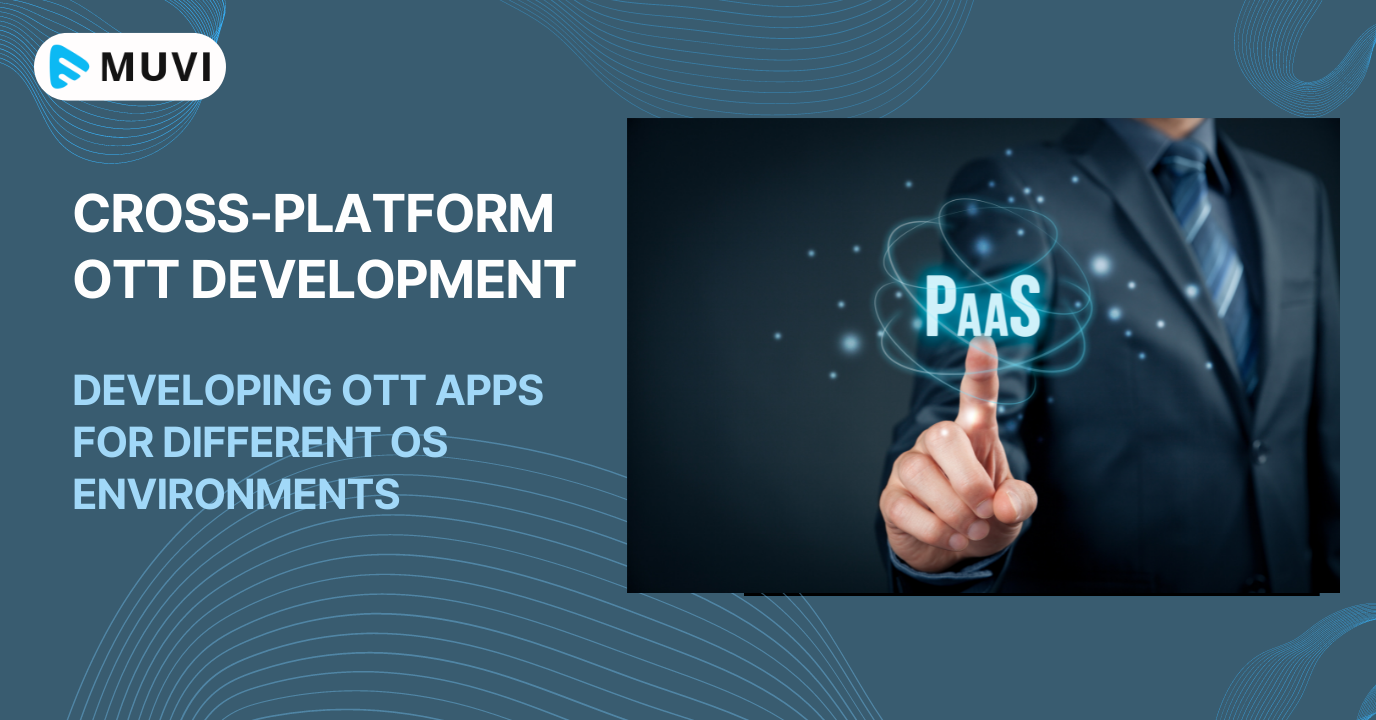


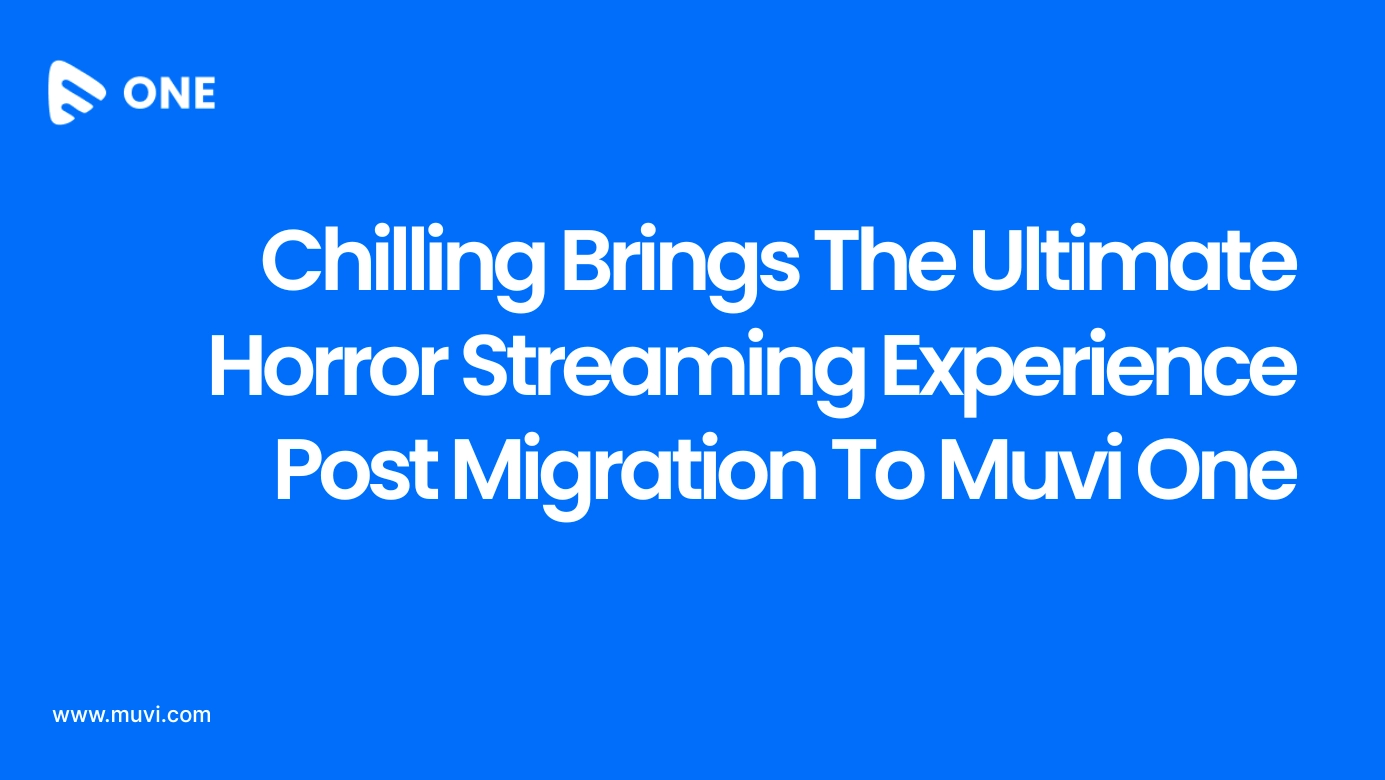





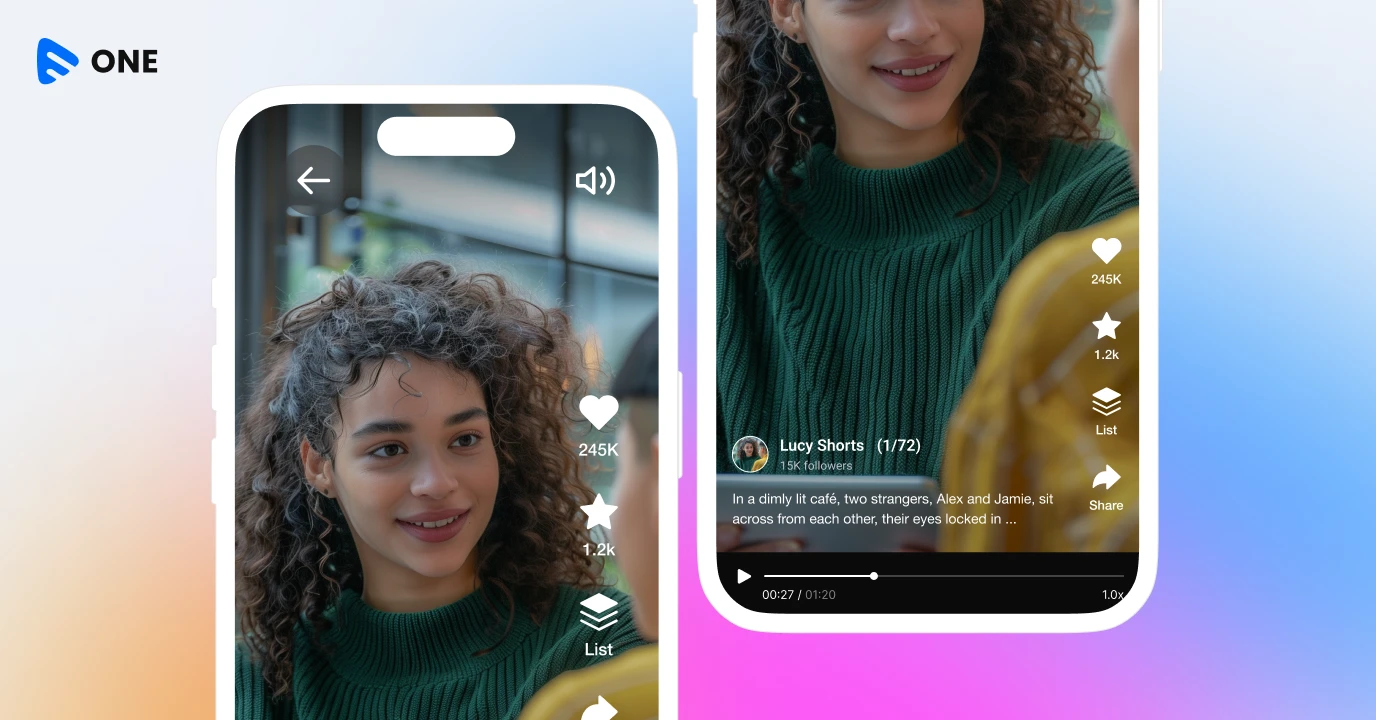
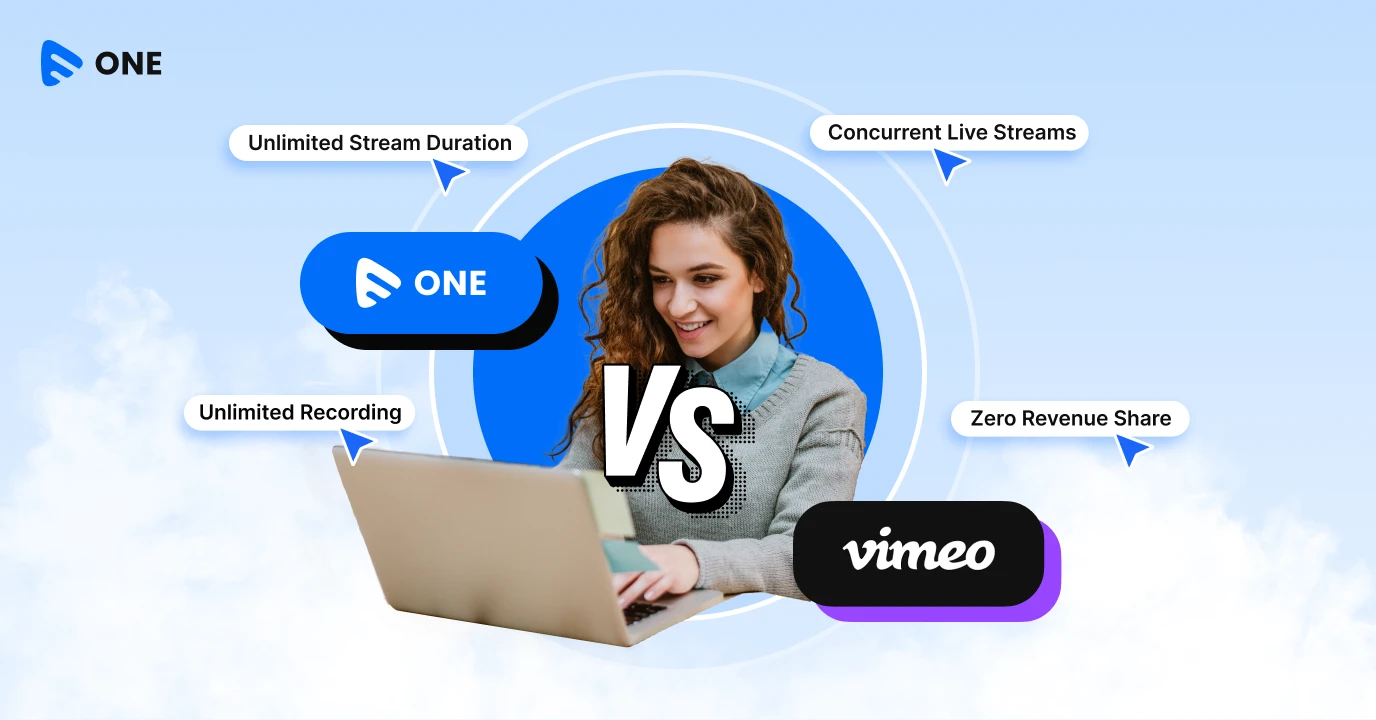
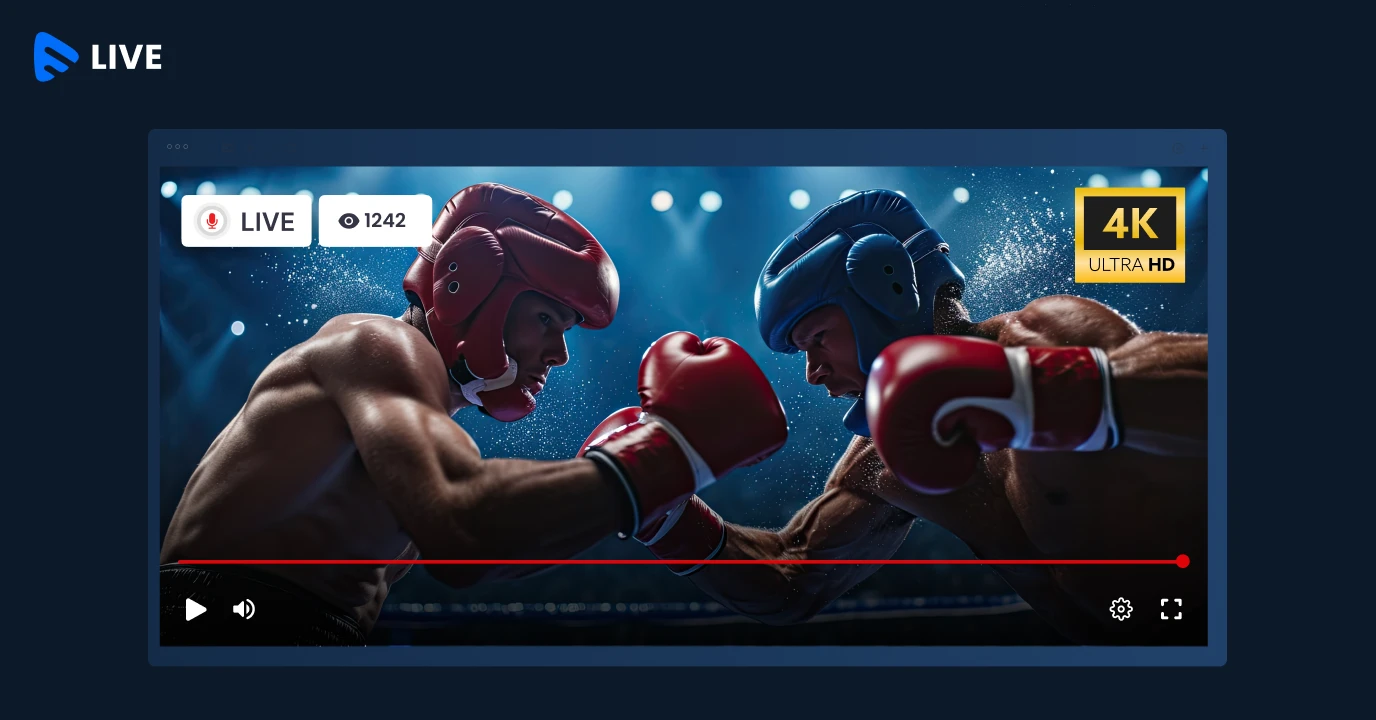

Add your comment